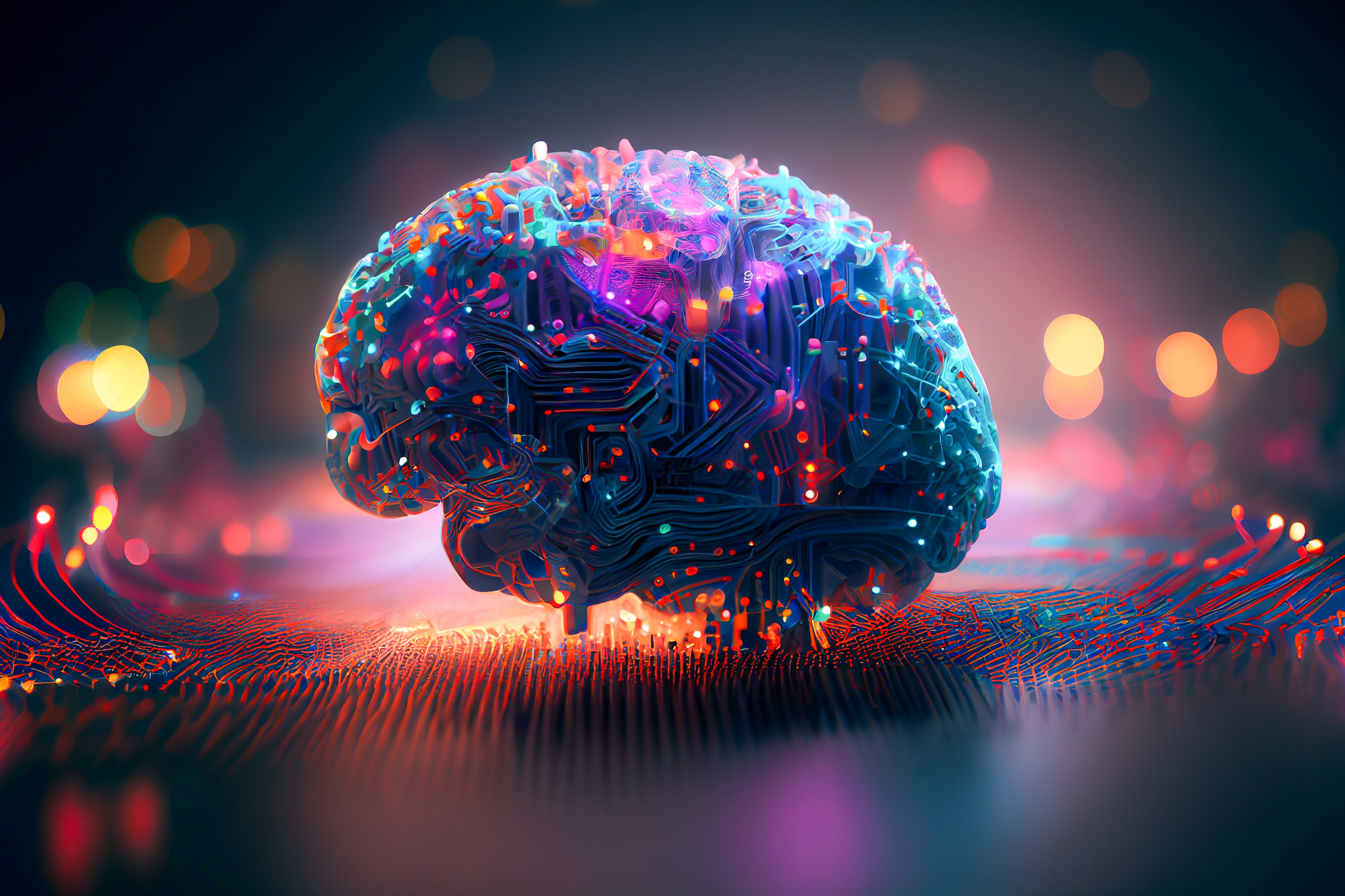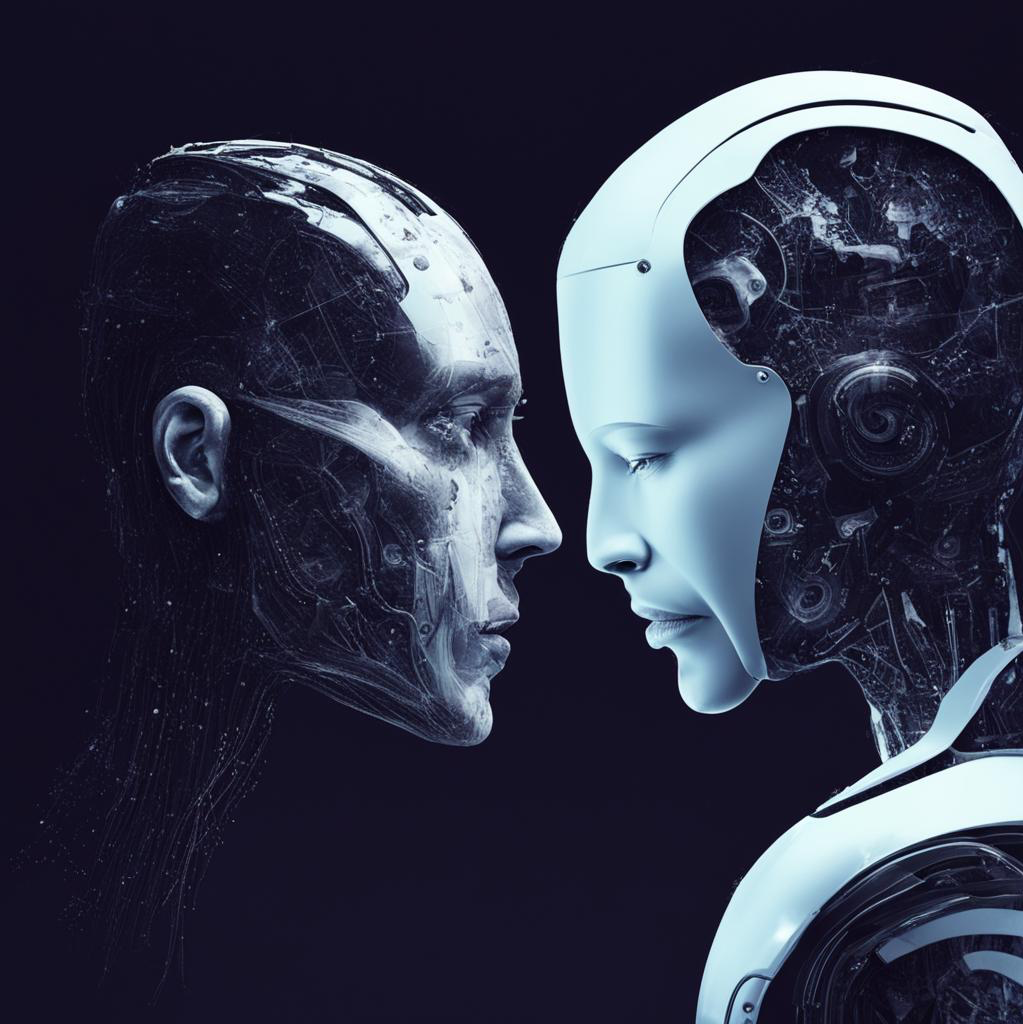Welcome to the future of energy conservation, where artificial intelligence (AI) takes center stage! In today’s rapidly evolving world, we are constantly seeking innovative solutions to tackle the environmental challenges that lie ahead. And AI is here to lend a helping hand. This groundbreaking technology has revolutionized various industries, and now it’s making its mark in the realm of energy conservation. With its ability to analyze vast amounts of data and make intelligent decisions, AI has become an invaluable tool for tailoring personalized energy-saving advice. Curious to learn more about how this marriage between AI and energy conservation can shape our sustainable future? Let’s delve deeper into the possibilities together!
How AI Can Help Tailor Energy Conservation Advice
AI technology has the potential to revolutionize the way we approach energy conservation. By leveraging machine learning algorithms and big data analysis, AI can help tailor energy conservation advice specifically to individual households and businesses.
One of the key benefits of using AI in this context is its ability to analyze vast amounts of data from various sources such as smart meters, weather forecasts, and occupancy sensors. This enables AI systems to understand patterns and trends in energy usage, identify areas where improvements can be made, and provide personalized recommendations for reducing consumption.
An AI-powered system could analyze a household’s historical energy usage data along with information about their appliances and behaviors. It could then generate tailored suggestions on how to optimize energy consumption by adjusting thermostat settings or identifying opportunities for appliance upgrades.
In addition to providing personalized recommendations, AI can also monitor real-time energy usage through connected devices or smart grids. By constantly analyzing data streams, it can detect anomalies or inefficiencies in real-time and alert homeowners or facility managers accordingly.
AI algorithms continuously learn from user feedback and outcomes of implemented strategies. Over time, they become increasingly accurate at predicting optimal conservation measures for specific situations.
While the potential benefits are substantial, there are also challenges associated with implementing AI solutions for energy conservation. These include concerns around privacy due to the large amount of personal information required for effective tailoring of advice.
AI has immense potential when it comes to tailoring energy conservation advice on an individual level. With its ability to process vast amounts of data quickly and accurately make predictions based on user feedback over time; it offers significant advantages over traditional approaches that rely solely on generalizations.

Real-Life Examples of AI in Energy Conservation
AI technology has made significant advancements in the field of energy conservation, leading to real-life applications that are revolutionizing how we manage and reduce energy consumption. One prime example is the use of smart thermostats with AI algorithms that learn our daily routines and adjust temperature settings accordingly. These devices not only improve comfort but also optimize energy usage by reducing unnecessary heating or cooling.
Another exciting application is AI-powered building management systems, which continuously monitor data from sensors installed throughout a building. The system analyzes this data to identify patterns and anomalies, allowing for proactive measures to be taken to conserve energy. For instance, if there’s excessive lighting in certain areas during non-peak hours, the AI system can automatically adjust lighting levels or recommend changes to ensure optimal efficiency.
Utilities are leveraging AI technologies to improve electricity distribution networks. By using machine learning algorithms on historical data combined with real-time information from sensors placed across the grid, these systems can accurately predict demand patterns and optimize power generation accordingly. This ensures efficient utilization of resources while minimizing waste.
Some companies have developed intelligent software that analyzes individual household’s energy usage patterns in order to provide personalized recommendations for conservation efforts. By considering factors such as weather conditions and occupancy schedules along with historical consumption data, these systems offer tailored suggestions on adjusting habits or upgrading appliances for maximum efficiency.
The examples mentioned above demonstrate just a few ways in which AI is being applied within the realm of energy conservation. As technology continues to advance at an unprecedented pace, we can expect even more innovative solutions that will help us achieve a sustainable future while optimizing our use of valuable resources.
Benefits of Using AI for Energy Conservation
AI has revolutionized many industries, and energy conservation is no exception. The benefits of using AI in this field are numerous and significant.
AI can analyze large amounts of data quickly and accurately. With the help of machine learning algorithms, AI can process vast amounts of information about energy consumption patterns in buildings or homes. This enables it to identify areas where energy is being wasted and suggest targeted measures for improvement.
AI-powered systems can continuously monitor energy usage in real-time. By collecting data from smart devices such as thermostats or sensors, AI can provide up-to-date feedback on how efficiently a building or home is using energy. This allows users to make immediate adjustments to their habits or settings that will result in reduced consumption.
Another benefit is the ability of AI systems to adapt and personalize recommendations based on individual needs and preferences. By considering factors such as occupancy schedules, weather conditions, appliance usage patterns, and user behavior, AI can tailor its advice accordingly. This level of customization ensures that users receive personalized guidance for optimizing their energy use.
By utilizing predictive analytics capabilities, AI can anticipate future changes in energy demand and supply. It can also factor in variables like electricity pricing fluctuations or renewable resource availability when offering recommendations for conserving energy. This proactive approach helps individuals make informed decisions about their energy usage while maximizing efficiency.
Implementing AI-driven solutions for energy conservation leads to cost savings over time. By identifying inefficiencies within a system or building’s infrastructure through automated analysis processes, unnecessary expenses associated with excessive consumption are minimized.
Harnessing the power of artificial intelligence brings several advantages when it comes to conserving energy effectively: quick analysis capabilities; real-time monitoring; personalization features; predictive analytics abilities, and long-term cost savings potential
Potential Challenges and Limitations of AI in this Field
While AI holds great promise for energy conservation, there are several challenges and limitations that must be considered. One major challenge is the availability and quality of data. In order for AI algorithms to provide accurate advice on energy conservation, they need access to reliable and up-to-date information about a building’s energy usage patterns. However, obtaining this data can be difficult, especially in older buildings or in regions where infrastructure is lacking.
Another limitation is the complexity of energy systems. Energy conservation involves intricate interactions between various components such as heating, cooling, lighting, appliances, and more. Teaching AI models to understand these complexities and make informed decisions requires extensive training with diverse datasets.
Privacy concerns also arise when using AI for energy conservation. Collecting detailed information about individuals’ habits and behaviors raises questions about data security and user consent. Striking a balance between providing personalized advice while respecting privacy rights remains an ongoing challenge.
Cost considerations play a role in implementing AI-based solutions for energy conservation. Developing sophisticated algorithms and deploying them across large-scale infrastructures can be expensive initially.
It’s important to remember that although AI can analyze historical data effectively to predict future trends in consumption patterns accurately; unforeseen circumstances or sudden changes may occur which could render certain recommendations less effective over time.
The Future of AI in Energy Conservation
As technology continues to advance at an unprecedented rate, the future of AI in energy conservation looks promising. With its ability to learn and adapt, AI has the potential to revolutionize how we conserve and use energy.
One exciting application is the development of smart homes that can automatically adjust heating, cooling, and lighting based on occupancy patterns and weather conditions. By analyzing data from sensors throughout the home, AI algorithms can optimize energy usage without sacrificing comfort.
AI-powered systems can help identify areas for improvement in industrial processes by analyzing vast amounts of data. This could lead to significant reductions in energy consumption for factories and manufacturing plants.
Another area where AI shows promise is in renewable energy management. By intelligently predicting power generation from sources like solar panels or wind turbines, AI algorithms can efficiently allocate resources and balance supply with demand.
In addition to these tangible applications, there are also ongoing research efforts exploring how machine learning algorithms could enhance our understanding of complex climate systems. This knowledge would enable us to make more informed decisions about sustainable practices and policies.
While the future holds great potential for advancing AI’s role in energy conservation, it’s important to acknowledge that challenges exist as well. Data privacy concerns must be addressed, as large amounts of personal information may be collected by smart home devices or utility providers using AI technologies.
Ensuring access to affordable and reliable clean energy remains a challenge worldwide. While AI can optimize existing infrastructure for better efficiency, efforts should also focus on expanding renewable energy capacity so that all communities can benefit from cleaner alternatives.
The future of AI in energy conservation is bright but nuanced. As advancements continue to unfold across various sectors – including residential homes, industrial processes, renewable energy management – we must prioritize sustainability while addressing any limitations or potential risks associated with implementing these technologies.
Conclusion
AI technology has the potential to revolutionize energy conservation efforts by providing tailored advice and optimizing resource usage. With its ability to analyze massive amounts of data and learn from patterns, AI can help individuals and businesses make informed decisions about energy consumption.
By understanding user behavior, preferences, and specific contexts, AI algorithms can provide personalized recommendations on how to reduce energy waste and optimize efficiency. This not only benefits the environment but also helps users save money on their energy bills.
Real-life examples of AI in energy conservation are already showing promising results. From smart thermostats that learn occupancy patterns and adjust temperature settings accordingly to machine learning algorithms that identify areas for improvement in building operations, these technologies are making a significant impact on reducing energy consumption across various sectors.
The benefits of using AI for energy conservation are numerous. It enables better control over resource allocation, reduces carbon emissions, improves operational efficiency, minimizes wastage through predictive maintenance systems, and empowers individuals with actionable insights to make sustainable choices.
Leveraging AI technology holds great promise for tailoring effective strategies in achieving optimal energy conservation outcomes. By harnessing the power of intelligent machines combined with human knowledge and expertise, we have an opportunity to create a sustainable future where efficient use of resources becomes the norm rather than an exception.


